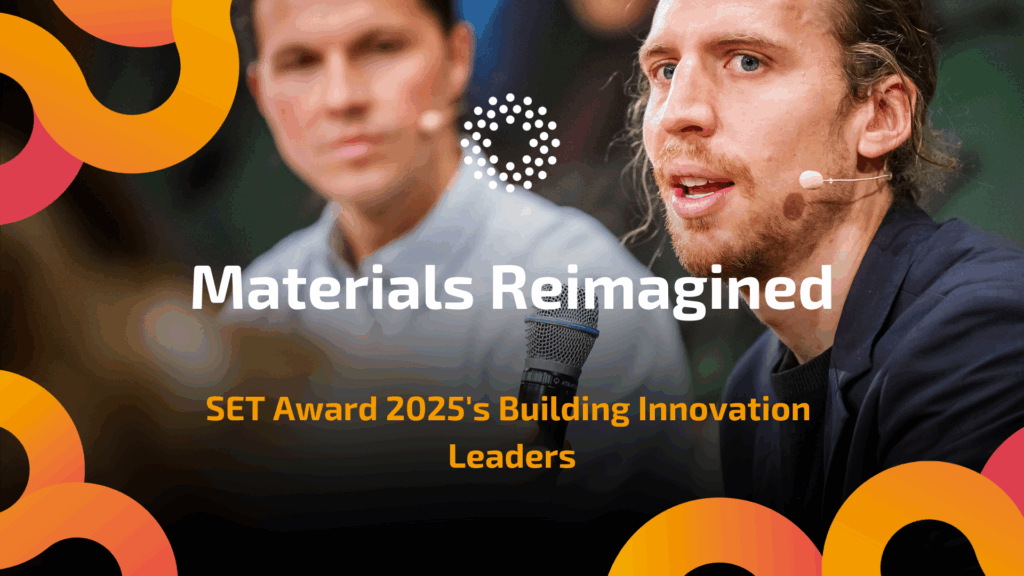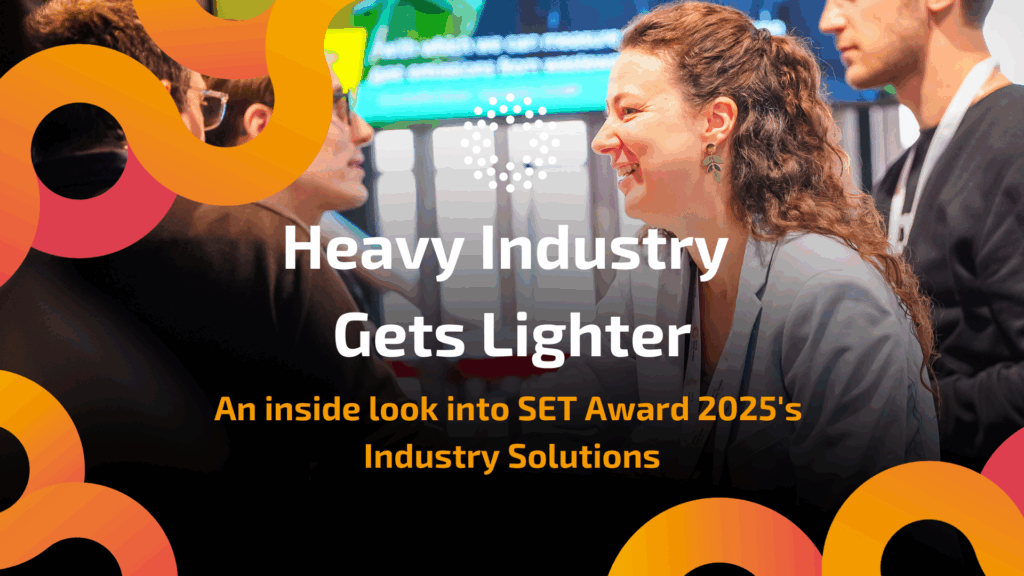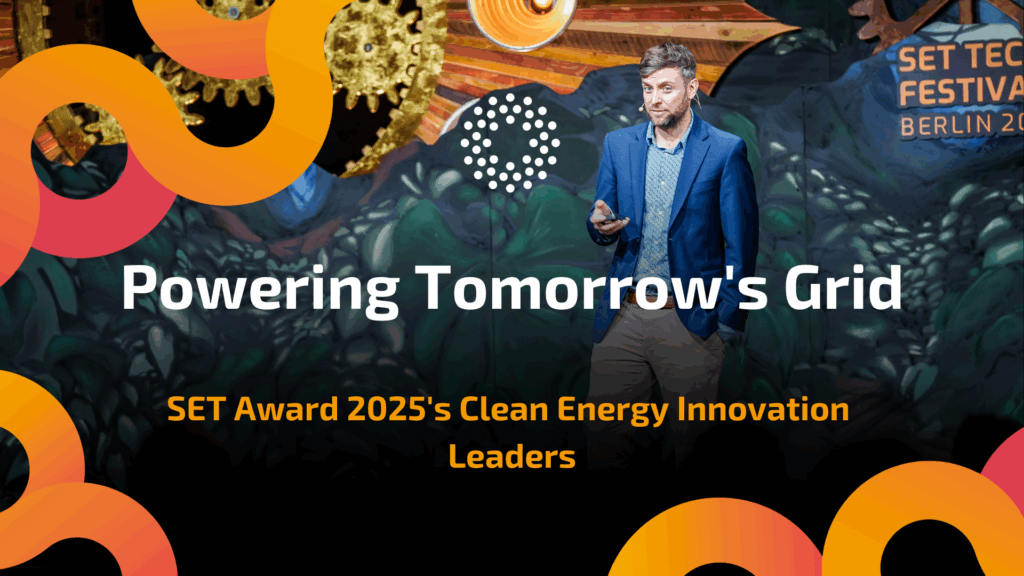SET was proud to have hosted the Climatelaunchpad Clean Mobility Theme award at the Grand Finale in Amsterdam! ClimateLaunchpad is the world’s biggest cleantech and green technology ideas competition, training and empowering entrepreneurs in 53 countries. A big congratulations to our winner, the HydroPlat team. We interviewed Aidana Toleshova, CEO and Daulet Aitymbayev, COO about their innovation.
HydroPlat, Kazakhstan
HydroPlat is a unique technology that will replace the expensive platinum electrocatalyst in hydrogen cars with the help of biomass. The biomass is sulfur and nitrogen dual-doped nanomaterials that are made from genetically modified cyanobacteria.
Describe your start-up in a nutshell. What motivated the founders to start the company?
HydroPlat is the solution to making hydrogen fuel cells cheaper by replacing the platinum catalyst with nanomaterials made of biomass. The founders were motivated to make hydrogen cars more popular and more affordable. Hydrogen cars do not produce any greenhouse gases and all they produce is water which should make them more favorable than petroleum-based vehicles. However, they are too expensive for the general public and we wanted to reduce this price so that everybody can switch to cleaner transportation.
What was the process for coming up with your product/innovation?
We, a group of biology students along with a professor in chemistry, came up with a solution to reduce the toxic waste in oil wastewaters, specifically the hydrogen sulfide. Through genetic engineering in bacteria, we were able to prove that they are capable of reducing sulfide waste. The question we were wondering about was ‘what would we do with the bacteria after they have reduced the waste?’ Therefore, we started to look into turning them into nanomaterials by keeping them at high temperatures. As a result, they were nitrogen-sulfur dual doped nanomaterials that have been proven to have high electrocatalytic activity. This led us to research ways this electrocatalytic activity could be used in the industry. After, we found out that it can replace the expensive platinum catalyst and we started to prove this concept through different tests.
What do you love about the sector you work in?
Our sector is very controversial and not widely accepted as there are many criticisms that come about hydrogen energy and fuel. We love that there are governments, start-ups and leading companies that are supporting this type of alternative energy and the effort they put into popularizing this type of energy. We are excited that this sector has so much potential and if people do not accept it now, they will be open to use this alternative source of energy in 5-10 years.
Any big news or updates for your start-up recently?
We are preparing more nanomaterials to test in fuel cells this December.
Get in touch with them here!



